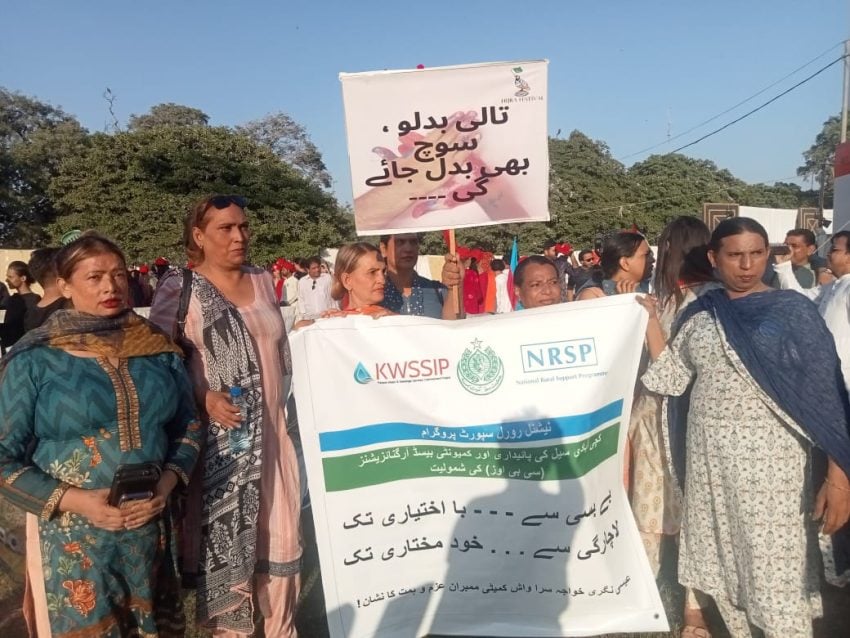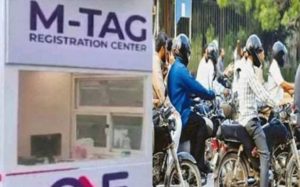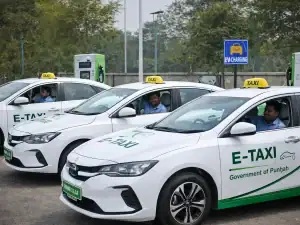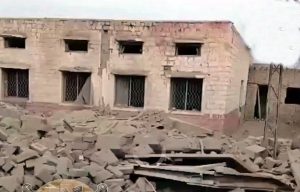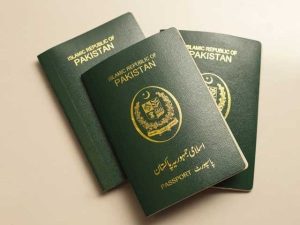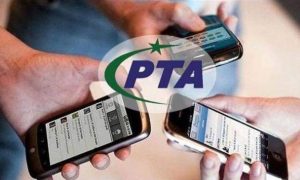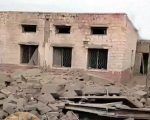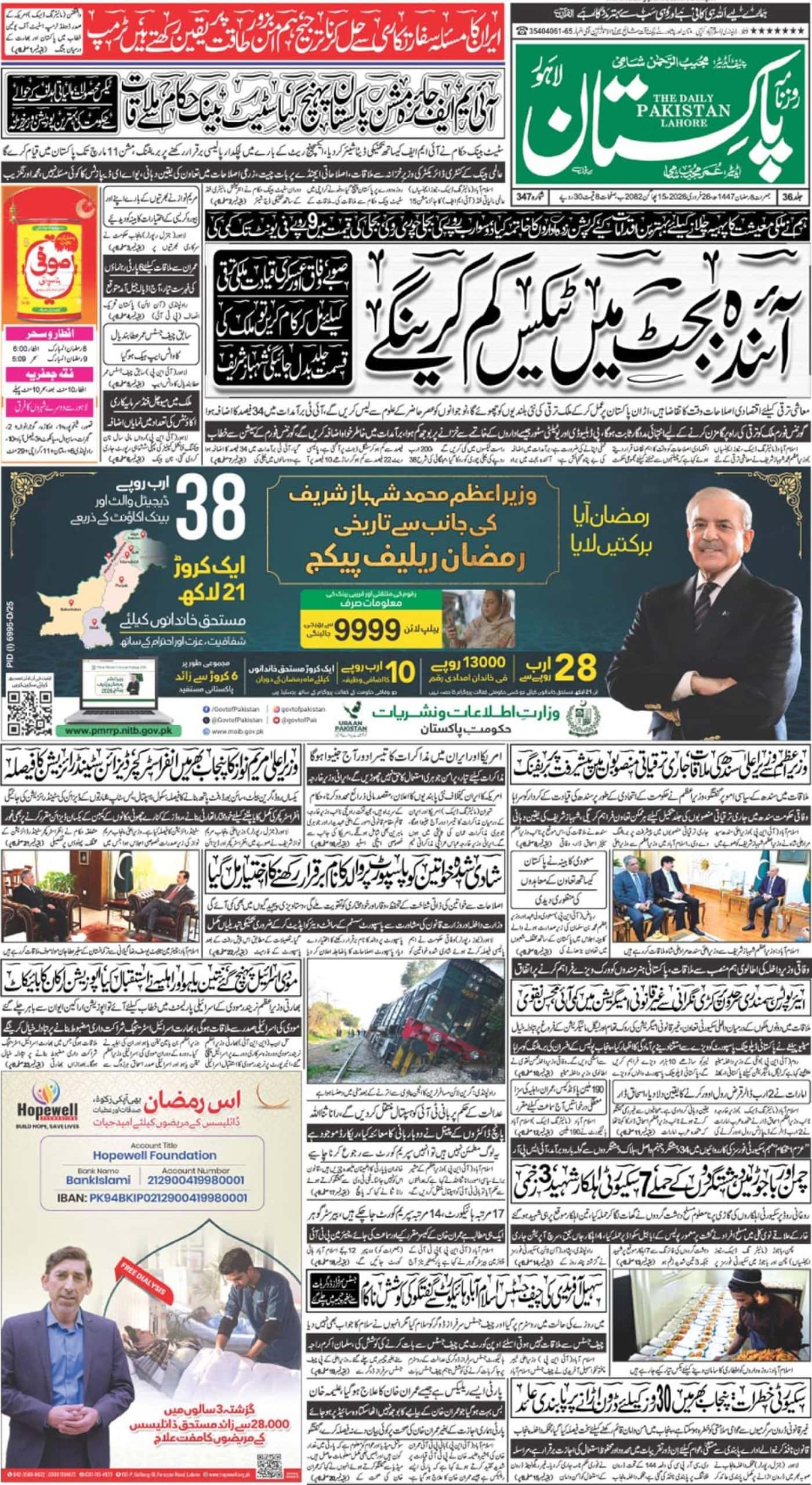The second Hijra Festival, celebrated today at Frere Hall in Karachi, brought together members of the transgender community under the theme, “Identity, Existence, and Empowerment of Transgender Individuals.”
This year’s festival highlighted the essential role of one of society’s most marginalized communities, offering a platform for transgender individuals to gather, celebrate, and share their stories of resilience and progress.
In a heartwarming display of community empowerment, the transgender Water, Sanitation, and Hygiene (WASH) Committee from Essa Nagri took centre stage at the event. Formed under the Karachi Water and Sewerage Services Improvement Project (KWSSIP), this committee is a testament to the vital role transgender members play in advancing WASH efforts in one of Karachi’s most underserved informal settlements.
With heads held high, WASH Committee members shared their inspiring journey with the audience. “We are not just participants in our community’s development,” one committee member stated. “We are leaders, making decisions that shape our future. By addressing issues like sanitation and clean water, we’re changing perceptions and proving that we are just as invested in our neighbourhoods as anyone else.”
Their work spans everything from promoting better sanitation practices to tackling challenges like access to clean water. They described how they had gained respect within their neighbourhood, breaking down social barriers by working alongside other community members. “It feels empowering to be seen as someone who can make a difference,” another committee member shared. “For too long, we were overlooked, but now our voices are valued, making all the difference.”
The committee members emphasized that their roles go beyond mere participation; they are integral to decision-making processes within their community. “We’re actively shaping solutions,” one member explained. “It’s not just about pointing out problems—finding answers together, whether for water, sanitation, or community hygiene education.”
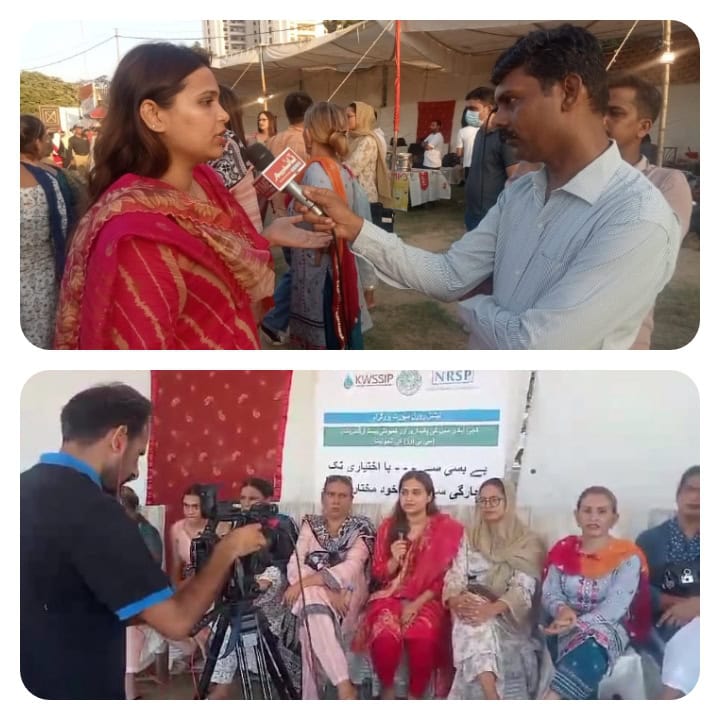
Accompanying the WASH Committee members, Saina Ali, Gender Specialist for KWSSIP’s Katchi Abadis project, spoke to the media about the initiative’s impact. “KWSSIP is not only enhancing water and sewage infrastructure but is also committed to sustainable community mobilization led by gender inclusion and empowerment,” Saina stated. “Through initiatives like the transgender WASH Committee, we’re building a legacy of resilience and inclusivity in Karachi’s informal settlements.”
Saina added, “The participation of transgender individuals in this work sends a powerful message—that marginalized voices deserve to be part of the solutions that affect their communities. We are proud to support this committee and others stepping up as agents of change.”

